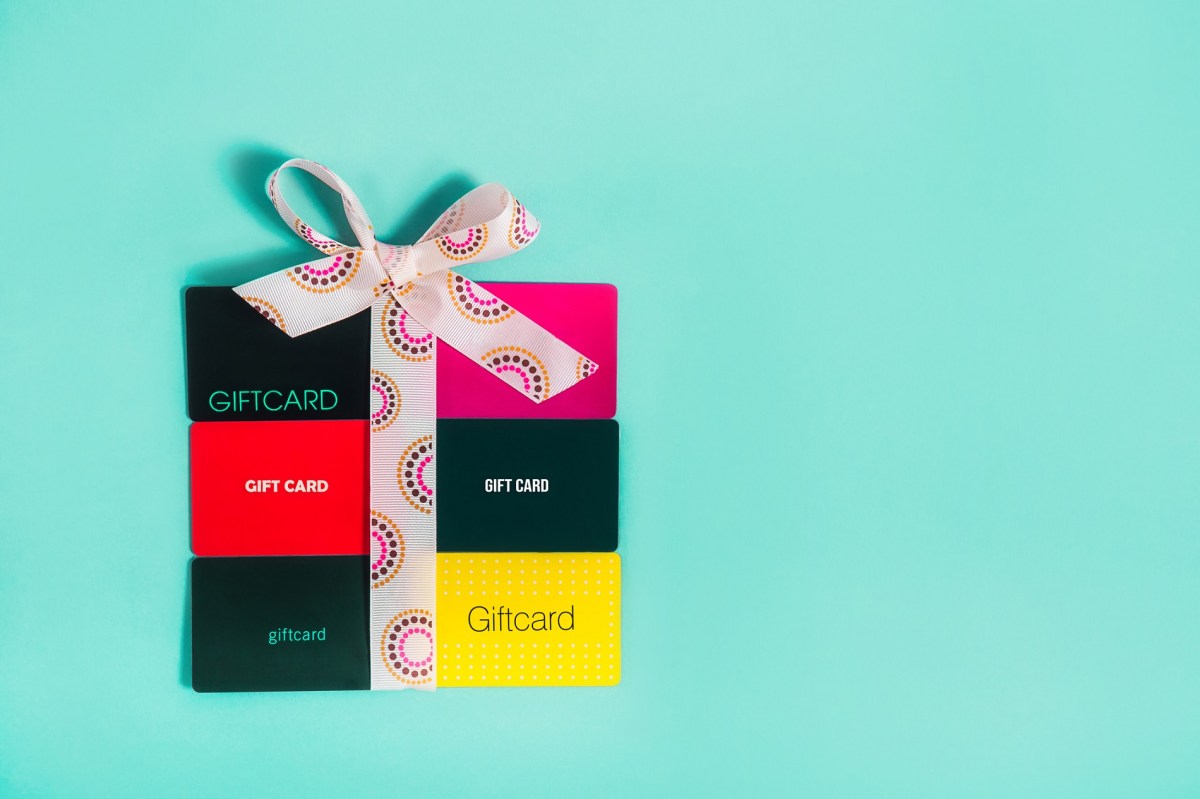The pandemic has reshaped the way Australians gift and eGifting has surged in popularity throughout 2020 as Australians look for alternative ways to stay connected to friends, family, and colleagues. With the Australian digital gift card market estimated to reach $4.3 billion by 2024 it is clear this trend will continue beyond the pandemic, presenting a huge opportunity for innovative retailers who understand the key drivers moving consumers to digital platforms.
Accelerating growth in eGift cards
The pandemic has further accelerated the rapidly growing shift to digital gifting which was already underway. Prior to lockdown, Prezzee recorded significantly higher volumes of sales compared with the previous year. Revenue from Christmas 2019 was three times that of 2018. When COVID hit, the growth curve accelerated. People reluctant to visit stores in person still wanted to give presents and let others know they were thinking of them. eGifting platforms like Prezzee provide that opportunity and Father’s Day confirmed the acceleration of that shift with a 250% increase in eGift card sales.
At the same time, Australia’s corporate eGift card spend via Prezzee exploded more than six-fold[i] with corporate budgets channelled into digital gift cards to reward, incentivise and motivate staff during sustained periods of working from home. Keeping teams engaged socially saw corporate Australia organising virtual team and client events where employees and teams received Uber Eats or Prezzee Smart eGift Cards (tied to food and wine service delivery retailers) to buy their favourite local meal to enjoy while attending those virtual office events.
Consumer gifting behaviours have changed
eGift cards are here to stay because with or without lockdowns, there has been a shift in what people look for in a gifting experience in Australia.
Convenience is king: The key driver of eGifting is convenience, with 87% of our customers citing this as a reason for buying digital gift cards. Being able order online in a flash, send instantly – or schedule delivery of the eGift card for a specific time and date – plus the ability for recipients to access gift cards through their phones for in-store or online shopping is key. Immediacy of access (85%) via instant send was the second top reason for digital purchases. Ease of storing an eGift card in a digital Wallet or App means consumers never need worry about losing or forgetting a gift card again.
Smarter shopping: Australians are feeling cautious. Research from McKinsey shows Australians have consistently been more cautious than those of other countries harder hit by the pandemic. This has resulted in all demographics cutting back on spending. With less money to spend, people are spending smarter and shifting gift card purchases to home essentials, including supermarkets, dinner delivery services, petrol stations and home improvement retailers.
Greener purchases: Over 60% of Australians said the reason they choose an eGift card is because it is better for the environment. As kilometres of non-recyclable wrapping paper are wasted, and unwanted gifts end up in the back of closets or landfill every year, the small choices we make have an impact. Every plastic gift card produced releases 23 grams of CO2 into the environment. It adds up to a significant number when millions of physical gift cards are sold every year. Reduced unwanted presents also adds up to a better environmental outcome. It can be hard to get gifting right so letting your recipient choose means the gift is more likely to be useful and wanted.
Getting personal: Consumers increasingly place more value on thoughtfulness as opportunities to personalise digital gift cards with selfies and customised images improve the experience of both giving and receiving. Adding photos, personal messages and – for corporate customers – curating a choice of retailers or service providers connected to the card, combine to inject the right personal touch that conveys the sentiment of those giving.
eGift cards offer small and local business a retail reboot
Australians continue to demonstrate a preference to buy local. This year, 70% of Australians consciously supported local businesses online, where possible.[iv] However, the pandemic hit small businesses hard which prompted Prezzee to rapidly build a new app – Prezzee Pay – to give business owners a simple way to accept digital gift cards in-store via mobile and QR codes, without expensive hardware or set up costs. Councils, precincts, shopping centres and other organisations aiming to reboot local businesses can distribute their own branded eGift cards that allow beneficiaries to access their vouchers via their phones, and provide parameters around geo-location, specific retailers and activation within specified time periods to ensure the stimulus cash reaches the right people and right businesses at the right time.
It is a readymade tool for driving foot traffic and spending in designated retail and entertainment precincts in a targeted way. As well as a simple solution for accepting stimulus cash payments, bringing customers in-store to spend gift cards can result in an incremental spend that is two to three times over the face value of the card. And, the benefactor of the stimulus cash only pays for what is redeemed so there are no wasted funds.
Working together to meet changing consumer needs
Now that consumers have changed the way they gift, the challenge is for local governments, shopping precincts, retailers and eGift card providers to work together to respond to consumers’ evolving needs for convenience, personalisation and a reduced environmental impact to revive retail and e-commerce in Australia.
Tony Karp is CEO at Prezzee

